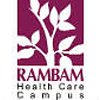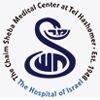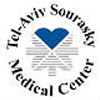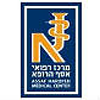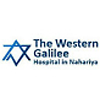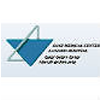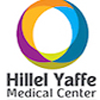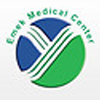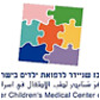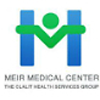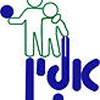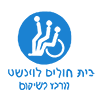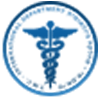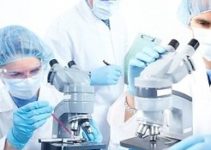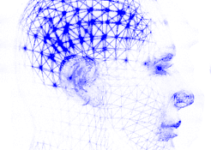
Many of us do not know what is gastroenterology. In General, this branch of medicine that studies the digestive system diagnoses and treats all diseases in this direction. Unfortunately, statistics show that in almost all countries a large part of the population suffers from disorders of the esophagus, colon, pancreas, stomach, gall bladder and liver. And this is not surprising, given our pace and lifestyle.
Diagnostics
The active rhythm of life, we often do not have time to eat right, spend time sport, and of course, yourself do not go on preventive examinations in the clinic. While most of us smokes and drinks alcohol in large quantities. All this leads to the development of diseases of the gastrointestinal tract. Initially, the disease makes itself felt unpleasant symptoms. An example is the following:
- rumbling and abdominal pain;
- nausea and vomiting;
- suffers from flatulence;
- diarrhea and constipation;
- high temperature;
- bloating and heaviness;
- weight loss and others.
Modern technical achievements in the field of gastroenterology allow you to diagnose diseases at an early stage, which contributes to effective treatment. Today, in Israel this medical field is highly developed, so apply the most proven diagnostic methods. The doctor may refer the patient to undergo various diagnostic methods:
- x-ray examination;
- Ultrasound;
- radioisotope scanning;
- computer diagnostics;
- magnetic resonance imaging and other species.
And also to explore the causes of disease, and to be constantly aware of the changes, often during treatment is conducted laboratory diagnosis of blood, feces and urine.
Treatment
Note that diseases gastroenterology should be treated only under the supervision of a professional medical doctor. In no event it is impossible to avoid self-medication, as this can only exacerbate the situation. Depending on the type of disease, the physician determines the treatment. Lighter types are amenable to conservative treatment, and some have to resort to surgical intervention. However, modern technology cause a minimum of damage during operations. Generally, each treatment is accompanied by diet and medication.
Clinics in this area
News and articles of medicine Israel
Imaging the effects of hunger on the brain’s response to food cues

Our brain pays more attention to food when we are hungry than when we are sated. Now a team of scientists at Beth Israel Deaconess Medical Center (BIDMC) has shed light on how the needs of the body affect the way the brain processes visual food cues.
Study provides insight into how weight-loss drug acts in the brain

A weight-loss drug dampened the response to food cues in regions of the brain associated with attention and emotion, leading to decreases in caloric intake, weight and body mass index (BMI), a team led by scientists at Beth Israel Deaconess Medical Center (BIDMC) reported.
Hadassah and Harvard Collaborate on Link Between Mouth Bacteria and Colon Cancer

A collaboration between the Hadassah Medical Organization and Harvard researchers has led to the discovery of a mechanism by which a type of bacteria commonly found in the mouth (called fusobacteria) travels through the bloodstream to reach colorectal tumors and then uses a sugar-binding protein to stick to them, thereby exacerbating the cancer.
Diagnosis of diseases of the intestines

Developed new Double Balloon Enteroscopy (DBE), allowing accurate diagnosis of small intestine with anemia, polyps and small tumors. A revolutionary discovery in endoscopy allows to perform the inspection without surgery and with minimal discomfort for the patient.
